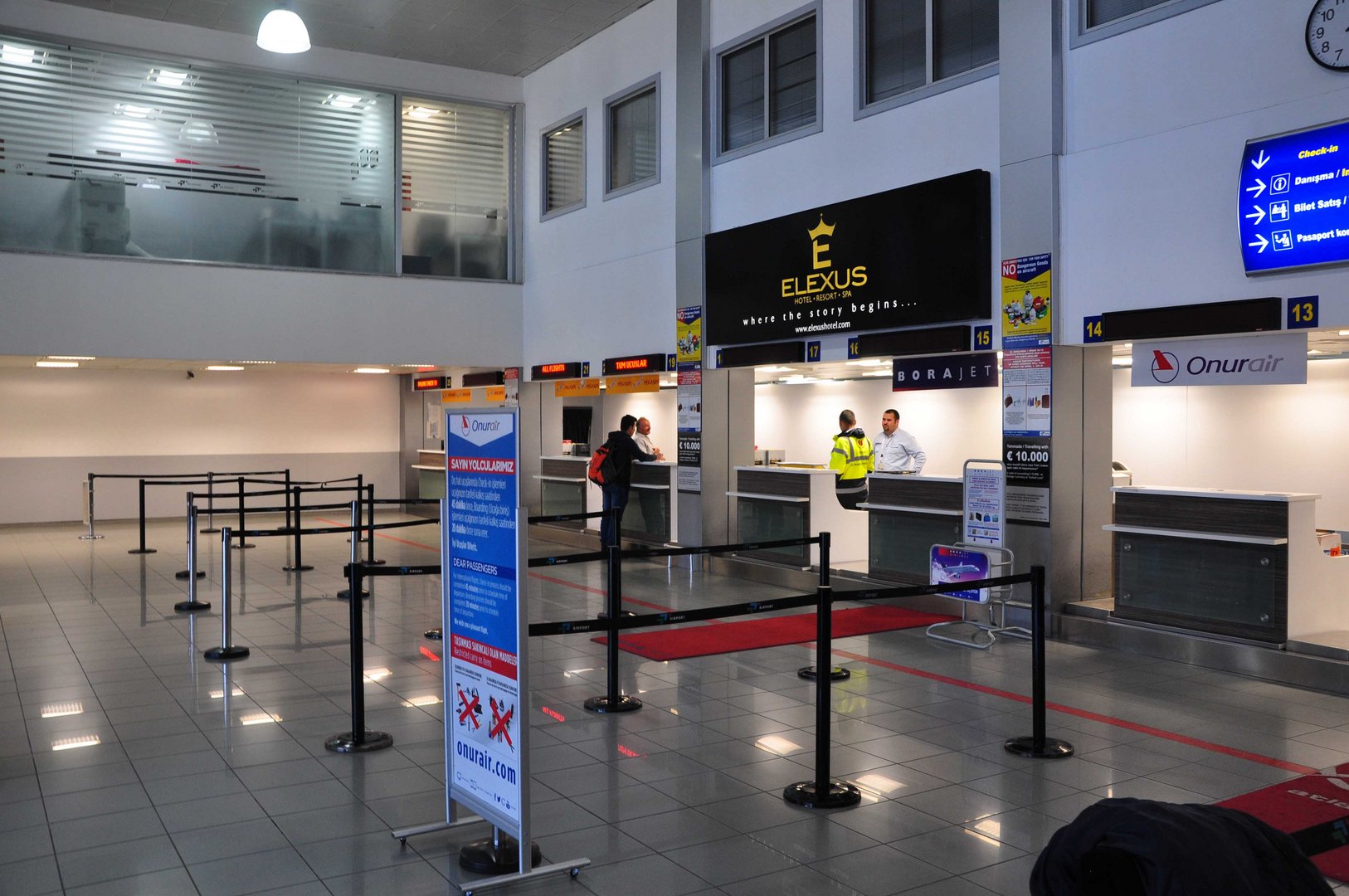The north “falls short” on implementing its obligations regarding the prevention of human trafficking, according to a report released this week.
The report was released by the north’s Human Rights Platform (IHP) following three years of research into the matter.
It said, “although the authorities have been made aware of the trafficking trends, potential venues, and risky sectors, they have not introduced any measures to prevent human trafficking cases.”
It added, “there are no research, awareness raising or educational programmes.”
Links were made between the north’s educational sector and human trafficking, with the report saying the north’s authorities “were informed on several occasions [of] the current status quo in relation to higher education, namely the increase in the number of universities in an uncontrolled way, the use of agencies that convince students with false promises and the abuse of the student visa regulations.”
The publication of the report is timely in this regard, coming as Turkish Cypriot Nicosia Mayor Mehmet Harmanci warned half of northern Nicosia’s population are now university students, and the rector of Famagusta’s City Island University was arrested for having allegedly stolen nearly €20,000 from deposits made by students.
The report counted a total of 22 universities registered in the north as of last December, and pointed out the ease with which third country nationals can obtain student visas in the north.
At present, third country nationals need only to present an acceptance letter to police at the north’s airport, seaports, or crossing points to the Republic to be issued a student visa.
The report adds, “when students arrive to the territory, there is no monitoring mechanism to follow their status here, whether they attend their universities, or if they find themselves in other dangerous or illegal situations, such as human trafficking.”
Many young women who are trafficked into the north end up forced to work in seedy “nightclubs”, which more closely resemble brothels.
To this end, the report says the Turkish Cypriot police were informed of 18 human trafficking cases involving the abuse of student visas in 2022.
It also criticises the attitude of the police, saying their attitude “involved victim blaming and shaming.”
“The victims were subjected to inconvenient questions and were mostly considered not as victims but as women voluntarily engaging in prostitution,” they said.
They added that they had intervened in these cases and “tried to convince the police by providing evidence in regard to human trafficking,” but that they were met with “strong resistance on the side of the police.”
They also said the police had “intimidated [the IHP’s] legal advisor, subjecting her to disrespectful behaviour, shouting, and even an attempt to remove her from the police station,” and that they had not been allowed to interview some victims, with whom they had been in contact.
Concluding their report, they called on the north to adopt a comprehensive legal framework to help identify, protect, and assist victims of human trafficking, and implement preventative measures including tighter student visa regulations, tighter controls on universities, and more stringent regulations on nightclubs.







Click here to change your cookie preferences